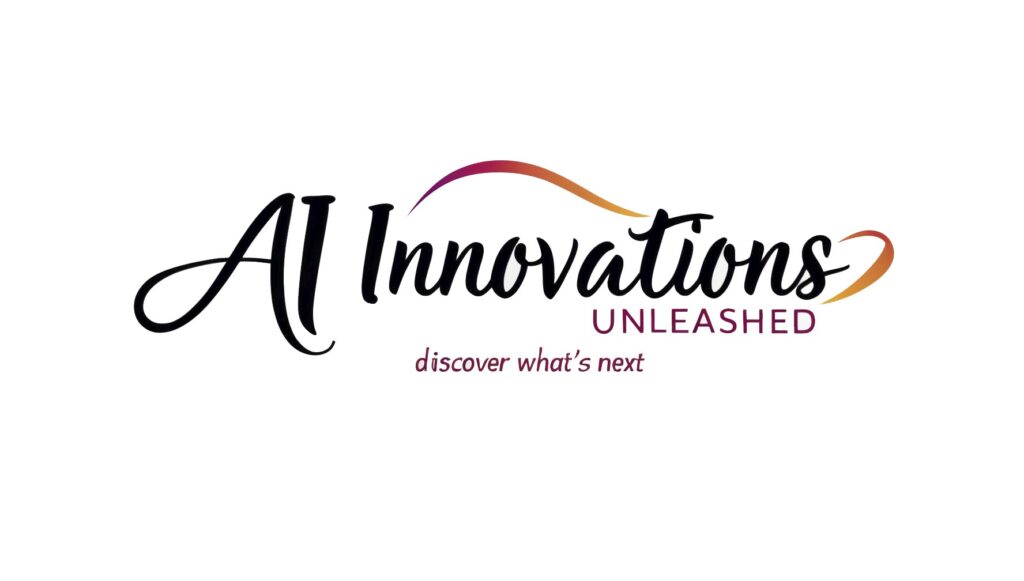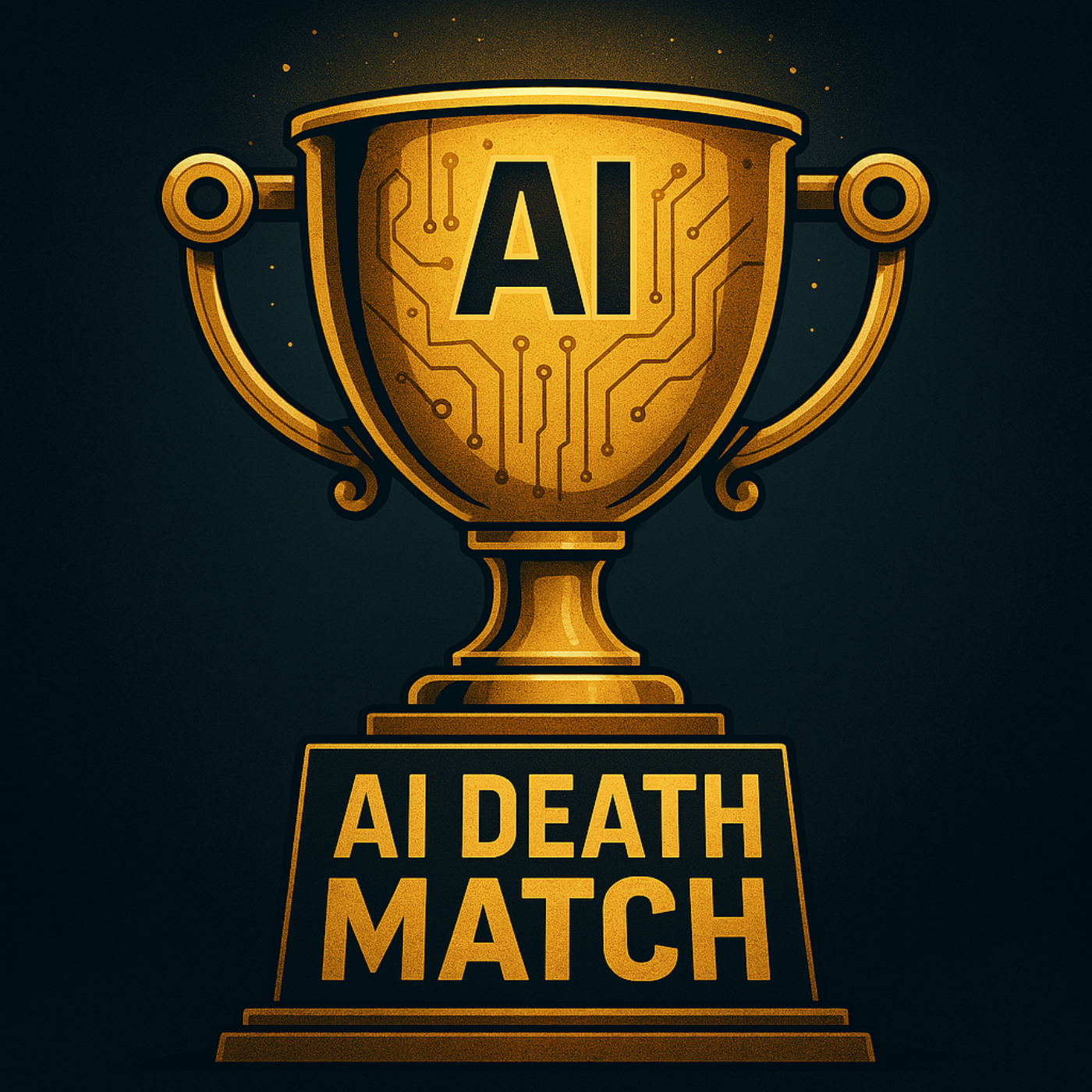Categories: AI Collaboration, AI Skills 2025 and Beyond, Disinformation, Education, Essential AI 101, Future of AI, Generative AI, Internet of Things (IoT), Podcast, Prompt Engineering
🚀 AI is transforming how we create content, conduct research, and automate tasks. Join us in the latest episode of AI Innovations Unleashed as we dive into the power of prompt engineering and AI collaboration! We’ll discuss AI tools like ChatGPT, DALL·E, MidJourney, and more—plus, the ethical considerations we must keep in mind as we embrace this tech revolution. Tune in now! 🎧
Reference List
- Binns, R. (2023). Ethical considerations of AI: Bias, accountability, and transparency. Journal of Artificial Intelligence Research, 52(3), 105-120.
- OpenAI. (2024). How AI is transforming content creation and productivity. OpenAI Research Blog. Retrieved from https://openai.com/blog
- Smith, J. (2023). The rise of AI tools in coding: How GitHub Copilot is changing the game. TechCrunch.
- Zhang, Y. (2022). AI in education: A tool for research and learning. International Journal of AI in Education, 34(5), 45-59.
- Marcus, G. (2022). The dangers of AI in spreading misinformation. MIT Technology Review. Retrieved from https://www.technologyreview.com
- Vinuesa, R., Azizpour, H., van der Lee, R., et al. (2020). The role of artificial intelligence in achieving the Sustainable Development Goals. Nature Communications, 11(1), 233. https://doi.org/10.1038/s41467-019-14108-2
- Crawford, K. (2021). Atlas of AI: Mapping the dark side of artificial intelligence. Yale University Press.
Resources List
- OpenAI’s Official Blog: A comprehensive resource on AI tools, models, and updates, including ChatGPT and DALL·E. Stay up to date on new releases, case studies, and research.
- Link: https://openai.com/blog
- MidJourney Documentation and Community: Learn about how to use MidJourney for generating images from text descriptions. Offers guides, community discussions, and tips for refining prompts.
- GitHub Copilot: Explore how GitHub Copilot can assist with coding tasks, from auto-completing code to providing suggestions. It’s an AI-powered assistant for developers.
- Google Bard: Understand how Bard works as a conversational AI that integrates Google’s search knowledge base, perfect for research and content creation tasks.
- Link: https://bard.google.com
- AI Ethics Resources by the AI Now Institute: A research institute focusing on the social implications of AI. They provide papers, reports, and resources on AI ethics, bias, and policy considerations.
Additional Readings List
- “Weapons of Math Destruction: How Big Data Increases Inequality and Threatens Democracy” by Cathy O’Neil (2016)
- This book provides an insightful look into how algorithms and AI can reinforce societal inequalities and make systems more opaque and unfair. A must-read for those interested in the ethical dilemmas of AI.
- “AI Superpowers: China, Silicon Valley, and the New World Order” by Kai-Fu Lee (2018)
- In this book, Kai-Fu Lee explores how AI is evolving, the role of China and Silicon Valley, and the societal impacts that these innovations may bring.
- “Race After Technology: Abolitionist Tools for the New Jim Code” by Ruha Benjamin (2019)
- Benjamin examines how the intersection of technology and race often leads to discriminatory outcomes, encouraging readers to think critically about the ethical dimensions of technological development.
- “Artificial Intelligence: A Guide for Thinking Humans” by Melanie Mitchell (2019)
- Mitchell provides a clear and thorough overview of AI, covering its history, current state, and future possibilities, while addressing some of the more nuanced ethical and societal questions.
- “Rebooting AI: Building Artificial Intelligence We Can Trust” by Gary Marcus and Ernest Davis (2019)
- This book critiques the current state of AI development, offering ideas for how to address key issues such as bias, interpretability, and ethical decision-making.
- “The Fourth Industrial Revolution” by Klaus Schwab (2016)
- Schwab’s work provides insights into how emerging technologies like AI are reshaping industries, economies, and even society as a whole. It’s a broader look at the transformative power of AI and other digital technologies.
- “Deep Learning” by Ian Goodfellow, Yoshua Bengio, and Aaron Courville (2016)
- A foundational textbook on deep learning, a critical component of many AI systems, including image and text generation tools like DALL·E and ChatGPT.


